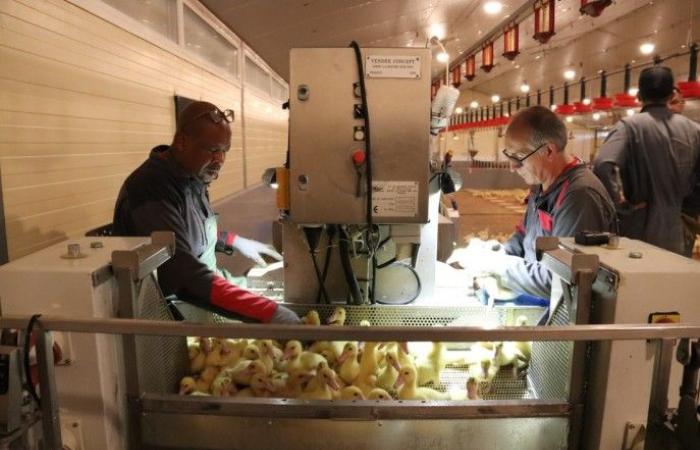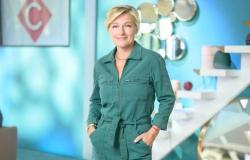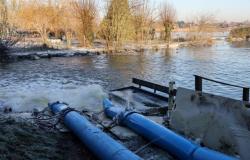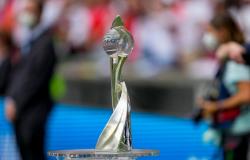The results of the first vaccination campaign are considered positive by the veterinarians who had to implement it. “ Over the season between August 2023 and August 2024, we only had 10 cases in France. This shows that pressure still exists in the environment, but that the various surveillance systems work very well and allow us, despite vaccination, to be hyper-reactive and to be able to detect cases very early.”rejoices Jocelyn Marguerie, veterinarian at Fili@vet and member of the Cristal Network.
For the record, 396 cases were detected in the 2022-2023 season and 1,300 in the 2021-2022 season. A clear reduction which makes France stand out from the five most affected countries, being the one which has most significantly reduced its number of cases of highly pathogenic avian influenza in livestock. A finding corroborated by a scientific study from the Toulouse veterinary school which modeled the impact of vaccinating ducks in France and which shows a 96% drop in cases of HPAI and that without vaccination, with regard to the level of pressure in the environment, there would have been 487 cases. “Thus, the DGAL steering committee recommended to the Ministry of Agriculture the renewal of the vaccination campaign in the same way, namely throughout the territory, for all commercial ducks in both the meat and fat sectors. , as well as the voluntary renewal of vaccination for duck breeders”adds Jocelyn Marguerie.
Regulatory changes envisaged for the new vaccination campaign
Given the success of the previous one, the 2024-2025 vaccination campaign is subject to modifications. First of these, the cessation of systematic surveillance serologies as well as a reduction in active surveillance visits per batch. It is also the announced end of the administration fee which was paid during the second injection of the primary vaccination, since the ducks were vaccinated by professional teams accompanied by health veterinarians in order to organize the invoicing and the application of the package. For this second vaccination campaign, the entire cost of administering the vaccine, whether carried out by the breeder or by a team, is the responsibility of the breeders and the sectors. “Technical developments are also planned to work on vaccination at the hatchery made possible by work carried out by the two laboratories which produce the vaccines and by the mobilization of hatcheries who wanted to respond as quickly as possible to requests from the sectors to carry out the first injection at the hatchery »recalls Jocelyn Marguerie. Elements that must be associated with the overall cost of this second vaccination campaign for which the State is less involved by financing up to 70%.“You should know that the State will continue to pay 100% for vaccines, their transport to veterinary practices, the supervision of vaccination by veterinarians, analyzes and active surveillance. The sectors will be responsible for 100% of the application of all vaccines as well as weekly reinforced passive surveillance as planned and which will be maintained.specifies the veterinarian. This commitment was recently extended until September 30, 2025.
Follow-up audits of the first vaccination campaign
Vaccination was monitored through audits which highlighted practices to be corrected during the season and for the season to come. For the record, vaccination between October 1, 2023 and the end of July 2024 concerned around 46 million poultry spread across 2,300 establishments mainly located in the west. The audits carried out by the veterinarians involved were carried out on farms which vaccinated with Volvac BEST© from the Boehringer Ingelheim laboratory…






